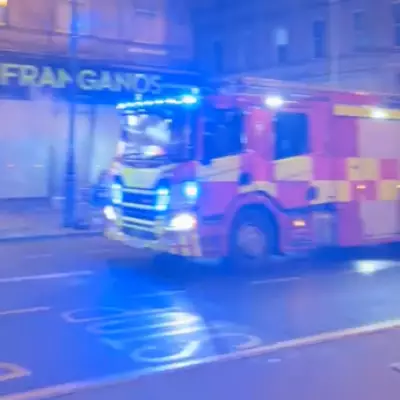
Minneapolis residents are confronting a disturbing surge in violent crime that many attribute directly to District Attorney Mary Moriarty's controversial progressive policies. The newly elected prosecutor has implemented what critics describe as dangerously lenient approaches to juvenile offenders, creating what law enforcement officials call a "revolving door" justice system.
A City on Edge: Spiralling Crime Under Progressive Leadership
Since taking office, Moriarty has championed policies that prioritise rehabilitation over incarceration for young offenders, even those accused of serious violent crimes. This approach has drawn fierce opposition from police representatives, victim advocacy groups, and even members of her own prosecution team.
Minneapolis has witnessed several high-profile cases where juveniles arrested for armed robbery, carjacking, and violent assault have been released back into the community rather than facing significant detention. Law enforcement officials report that many of these offenders are re-arrested for new crimes within days of their release.
Public Safety Versus Progressive Ideology
The tension between Moriarty's reformist agenda and public safety concerns reached breaking point when a 15-year-old suspect, previously released under her policies, was involved in a fatal shooting. This tragedy has intensified scrutiny of her approach and sparked calls for greater accountability.
Police union representatives have been particularly vocal, accusing the DA's office of undermining their work and endangering both officers and citizens. "We're arresting the same kids over and over," one veteran officer reported. "They know there are no consequences."
National Implications of Local Policy Experiment
Minneapolis has become a focal point in the national debate about criminal justice reform, with many viewing Moriarty's policies as a test case for progressive approaches to crime. The outcomes in Hennepin County are being closely watched by both supporters and opponents of reform initiatives across the United States.
Community leaders are increasingly divided, with some praising Moriarty's attempts to address systemic issues in the justice system, while others demand immediate action to curb the violence affecting neighbourhoods daily.
As crime statistics continue to show alarming trends, the pressure on District Attorney Moriarty to adjust her policies continues to mount. The coming months will prove crucial in determining whether her progressive vision can coexist with public safety demands, or whether Minneapolis will become a cautionary tale in the criminal justice reform movement.





